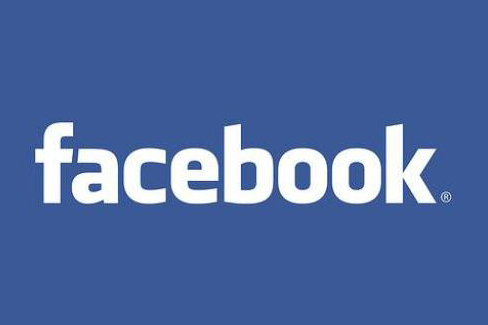Facebook flooded with foul images
Facebook says it is looking into user complaints of violent and sexual images on the site.

Violent and offensive images have swamped the newsfeeds of Facebook users, according to reports.
In the past 24 hours, the disturbing content has spread throughout the site without any knowledge of users, and there is little information on why.
The content consists of images of hardcore porn, a photoshopped celebrity in a sexual position, extreme violence and abused animals.
#facebook is now #pornbook.
Facebook users took to Twitter and some vented their frustration claiming they may deactivate their account.
"I sign into Facebook and the first thing I see is a dead dog. My relationship with Facebook is now over," said Twitter user @KryshaBravo.
"#facebook is now #pornbook," added @AmoyBerry.
Sign up today and you will receive a free copy of our Future Focus 2025 report - the leading guidance on AI, cybersecurity and other IT challenges as per 700+ senior executives
The content may have started to spread from users simply liking an application. In the past, scams have spread through clickjacking, where users are duped into liking content.
"Facebook is aware of these reports and we are investigating the issue," a Facebook spokesperson told IT Pro.
According to the social network, its "Facebook Immune System" (FIS) detects and stops harmful threats while protecting users. FIS learns, adapts and protects in the same ways a biological immune systems works in the body, according to Facebook.
However, the system relies on users doing their bit too by not clicking on suspicious links. It appears this guidance may have been disregarded in this case.
"In the end, security is a partnership between Facebook and the people who use it. Together we win," Facebook said.
-
 New Microsoft Teams features for business users
New Microsoft Teams features for business usersIn-depth All the latest Microsoft Teams features after the platform is given a redesign, complete with an AI-powered assistant and a faster engine
-
 Microsoft Teams now allows SMBs to collect payments in meetings
Microsoft Teams now allows SMBs to collect payments in meetingsNews With the help of PayPal, Stripe, and GoDaddy, the Microsoft Teams Payments app offers in-meeting payment requests
-
 Microsoft launches collaboration platform Loop, its answer to Notion
Microsoft launches collaboration platform Loop, its answer to NotionNews Greater collaboration tools are coming to the Microsoft 365 suite, aiming to help teams work together without having to jump between different apps
-
 Meta Quest Pro preview: Meet Meta's 'laptop killer'
Meta Quest Pro preview: Meet Meta's 'laptop killer'Opinion We go hands-on with the Meta Quest Pro, as the firm banks on turning hardware preferences upside down
-
 Microsoft launches Places, includes GPS-style navigation to help find meeting rooms
Microsoft launches Places, includes GPS-style navigation to help find meeting roomsNews The new app built specifically for organisations adopting a permanent hybrid work model brings new features to manage people and the workplace itself
-
 The IT Pro Podcast: Enabling bilingual business
The IT Pro Podcast: Enabling bilingual businessIT Pro Podcast How Wales is using digital tech to deliver a greater choice of languages
-
 Podcast transcript: Enabling bilingual business
Podcast transcript: Enabling bilingual businessIT Pro Podcast Read the full transcript for this episode of the IT Pro Podcast
-

 Qnap KoiBox-100W review: An intriguing alternative
Qnap KoiBox-100W review: An intriguing alternativeReviews A versatile and affordable videoconferencing solution with great wireless screen presentation features

